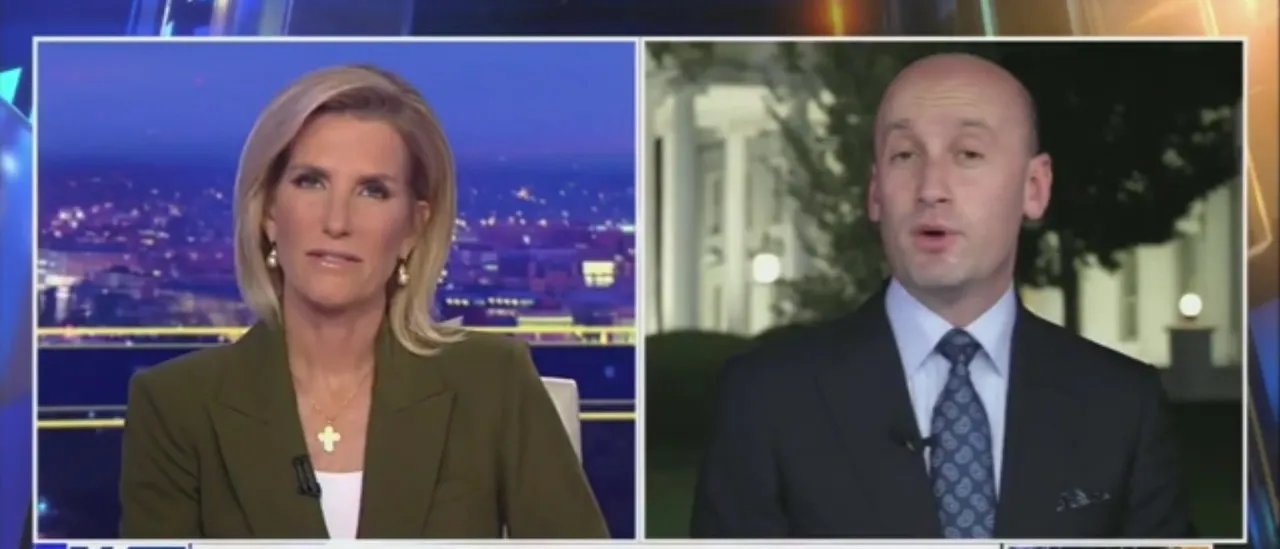EPA Advises Staff Against Attending Environmental Law Institute Events
Recent internal communications from the Environmental Protection Agency (EPA) reveal that the agency has advised its employees, in official terms, not to accept invitations to events hosted by the Environmental Law Institute (ELI). This guidance comes following an invitation to ELI’s Annual Award Dinner, which is scheduled for October 7, 2025, in Washington, DC. The memo indicates that the leadership feels it is no longer in the agency’s best interest for staff to participate in such events.
The House Judiciary Committee has started an investigation into the Climate Justice Project (CJP), a component of ELI. According to the committee, this project seems to focus on influencing federal and state judges in favor of certain plaintiffs through potentially unethical practices. EPA Administrator David Fotouhi, in his memo, expressed concerns about government employees engaging in official capacities at events related to ELI and its projects.
The internal memo also references rising scrutiny from politicians, including Senator Ted Cruz, who have characterized ELI and the CJP as just another group of climate activists. Fotouhi emphasized that the agency has a responsibility to manage its resources in line with the institution’s goals, particularly in light of the investigations into ELI’s influence over judicial processes related to environmental issues.
Additionally, the memo notes that a state attorney general has raised ethical concerns about ELI’s past receipt of federal funds, which might support activities that are now under question. While the memo addresses serious issues surrounding ELI, it makes clear that it does not aim to curtail constitutionally protected rights.
In defense of its operations, representatives from ELI asserted that the organization has been committed to nonpartisan engagement with diverse stakeholders since 1969. They highlighted their role in providing educational resources and fostering cooperation to promote environmental research and training.
Some legal experts have voiced concerns regarding ELI’s approach, suggesting that there’s a broader agenda at play. One such expert noted, “It’s good to see the EPA taking a stand against ELI and CJP.” There seems to be a growing sentiment that these organizations are part of a larger movement to reshape societal values through judicial means.
As this story evolves, it’ll be interesting to see how both the EPA and ELI navigate this complex landscape of political scrutiny and public perception.







